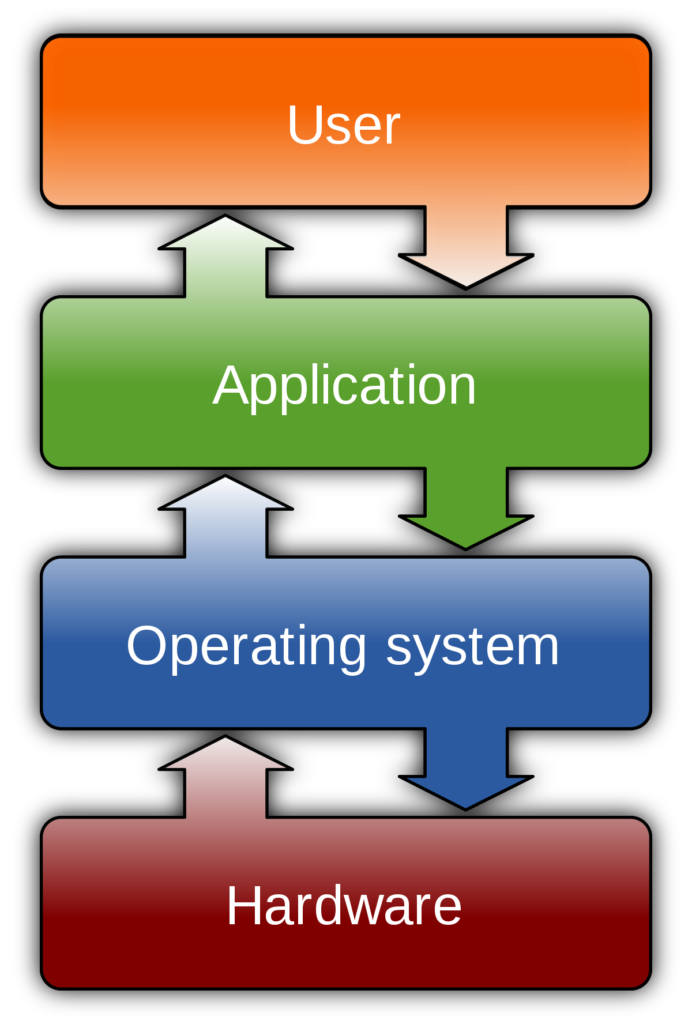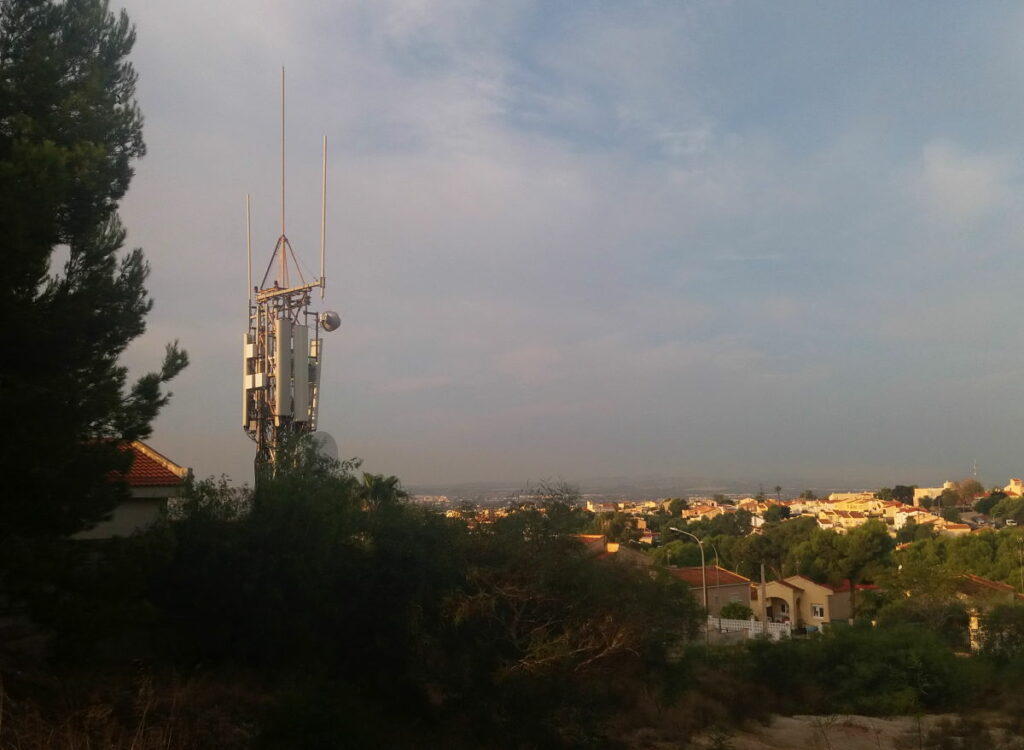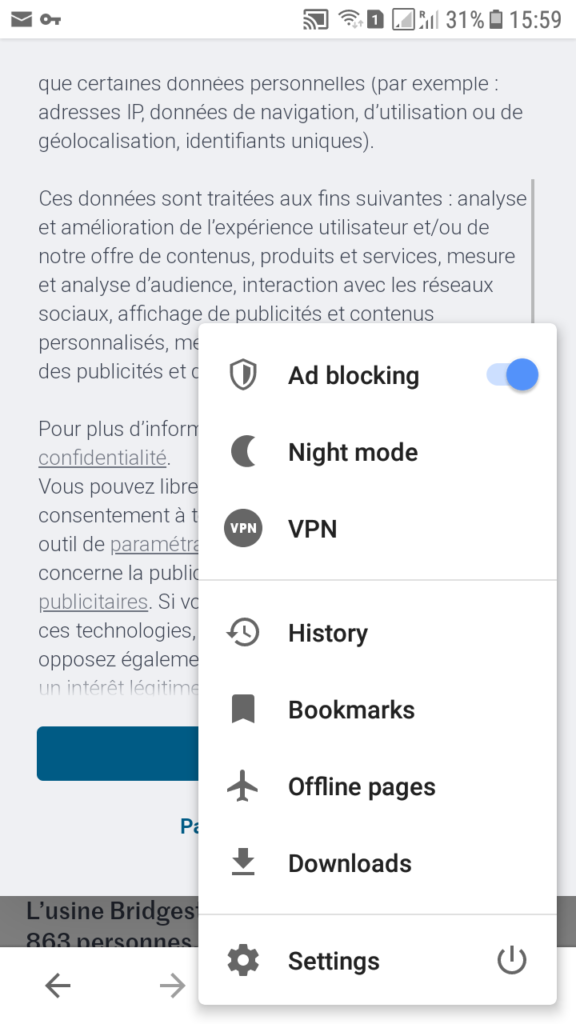Is it possible to find a secure and privacy respecting mobile phone that doesn’t track its owner? The short answer to the question is: no, there is no such phone. Nonetheless, I believe it is valuable to understand why because there are many ways you can restrict tracking and to a certain extent even prevent it. Here is what you’ll learn in this article: although your phone is being tracked, you have the power to do something about it.
Let’s break phone tracking into key suspects: the mobile network, phone’s operating system, applications installed on the phone, and accessing the internet in the phone browser.
It is the mobile network’s job to track your phone
The mobile network you are subscribing to always knows approximately where your phone is located. It is because at least one cellular tower must be able to exchange signals with the phone. For example, when an incoming call is routed to your phone, the mobile network knows the tower that can communicate with your phone, and relays the call through the tower.
The way to stop this tracking is to switch the phone off or turn on airplane mode. The downside is that the phone can’t communicate at all. Read more about all the options available in this article.
An operating system doesn’t have to track your phone, but it may do it anyway

The mission of a phone operating system (and any computer operating system) is to provide a coherent platform of services, like multitasking, input/output, caching, and memory management to applications. Sending phone owner’s private data to the headquarters is not one of operating system’s key functions. Google, however, is using Android for that purpose to benefit from profiling and marketing of the data.
If you are have an Android phone, it is extremely difficult to do anything to prevent the operating system from tracking you. The best way is to choose a phone that is not built on Android. The Apple iPhone is a popular option, but even safer privacy respecting phones are running on Linux or /e/OS.
Why an alarm clock app needs access to your contacts and phone number?
An alarm clock application and tons of other apps want to suck all data from your phone because that may be the way they make money. Your data is sold to data brokers that may further process the data and sell it to advertisers. All apps are supposed to ask for permission to access your calendar, photos, and whatever else they happen to want. Most apps respect the rule, but not all apps. Thousands of apps have been caught stealing data without permission on Android.
The privacy problem with apps is easy to solve. Download only those apps that you absolutely need, and conduct a quick background check if the app has a reputation. For instance, if you download Instagram, you have to accept that nothing on your phone is safe, but Facebook soon knows everything. If an alarm clock wants to access your contacts, remove the app, and find another one.
You are what you browse online
Marketeers, authorities, hackers, and online criminals all know that the trace you leave behind when you view web pages pretty quickly reveals plenty of information about you. If you use Google search engine, the company knows more about you than your spouse. If you access a news site, fifty trackers may collect information about you.
The obvious services to avoid are all Google and Facebook pages and apps. They are the biggest data collectors. Ad blockers and using a privacy-friendly browser (Opera, Brave, Firefox) and search engine (Startpage, Qwant, DuckDuckGo) help as well.
This was the long answer to a seemingly simple question how to find a phone that doesn’t track its owner. If you missed the recommended phones earlier in the article, devices powered by Linux and eOS are safer than others at the moment.


